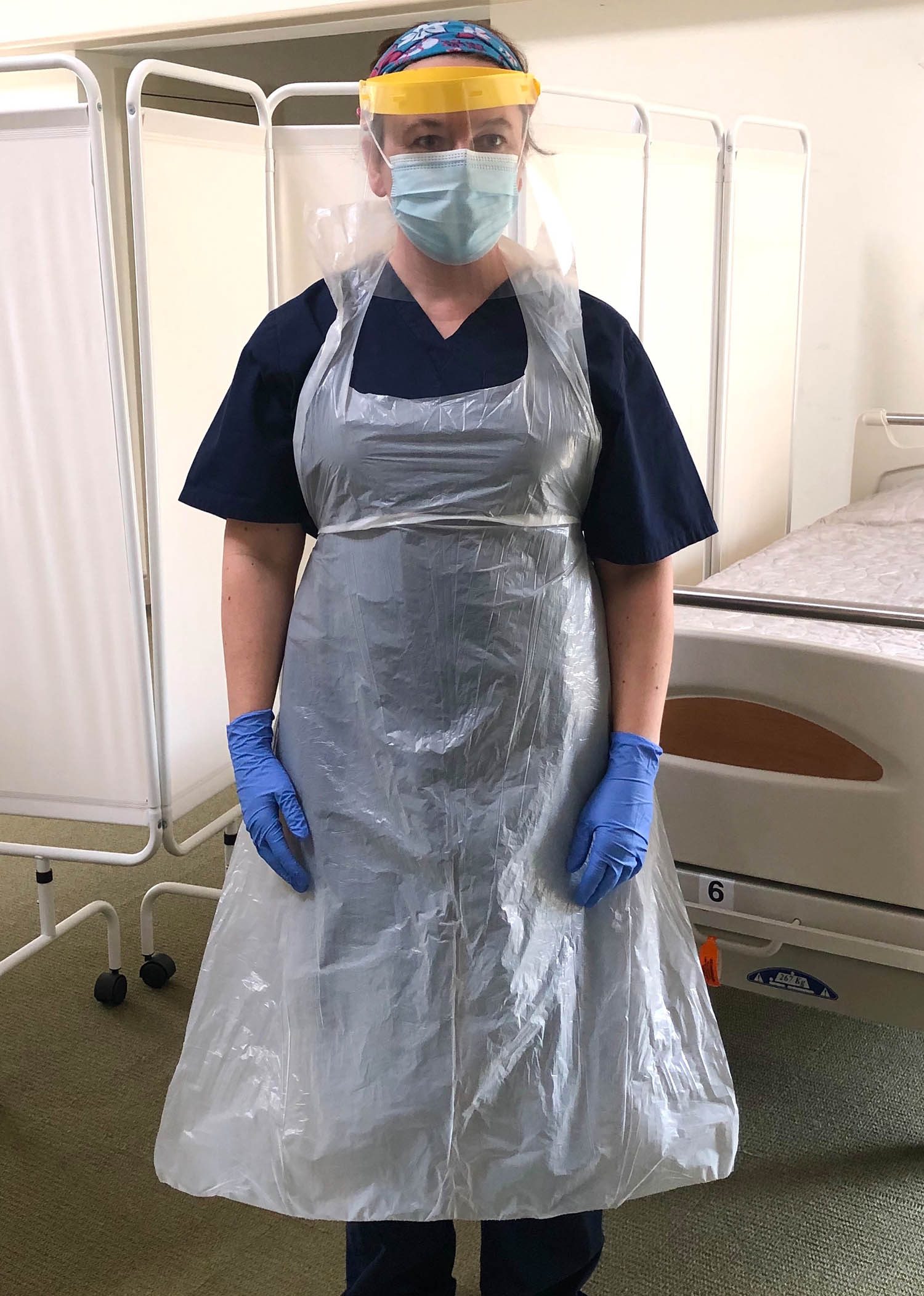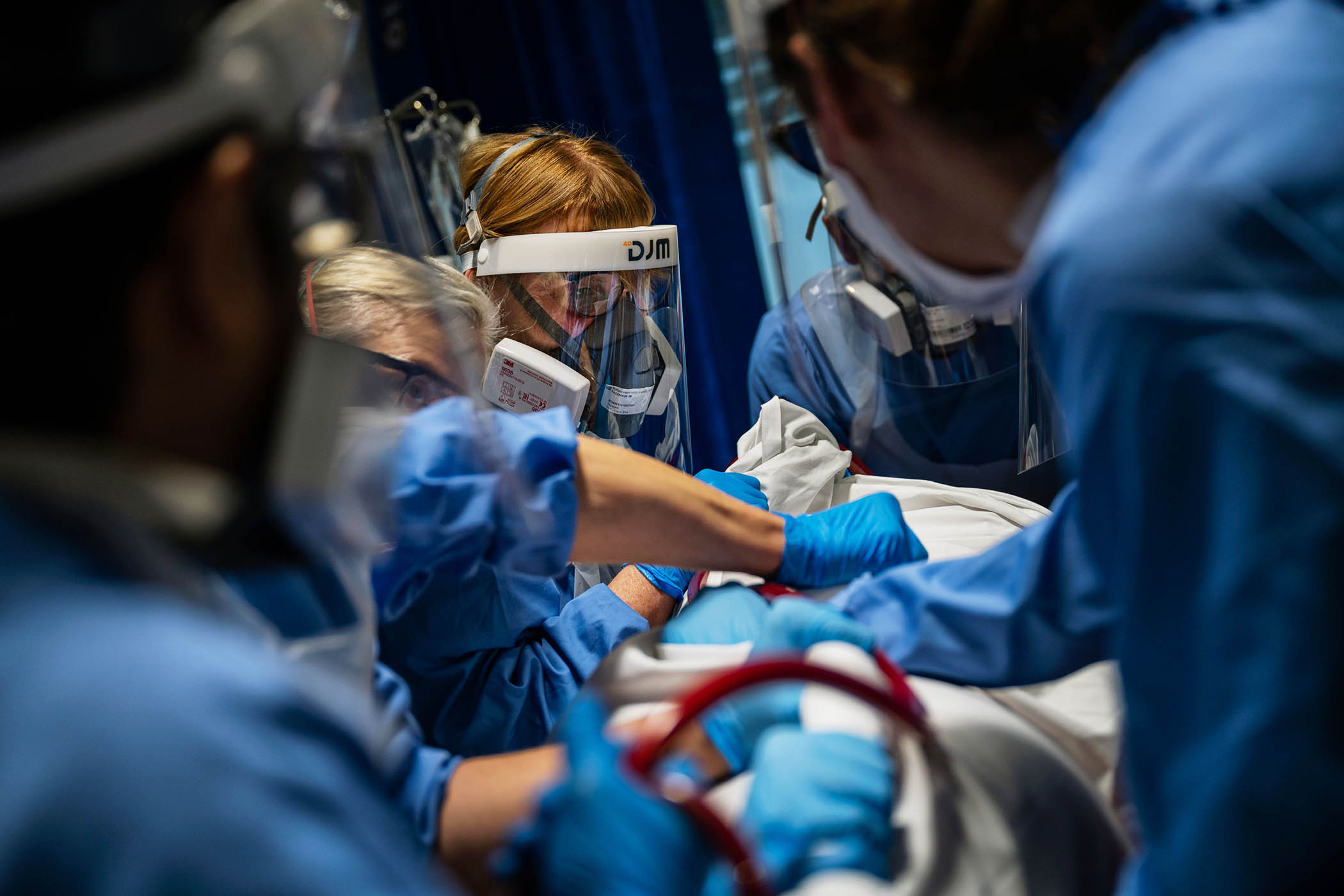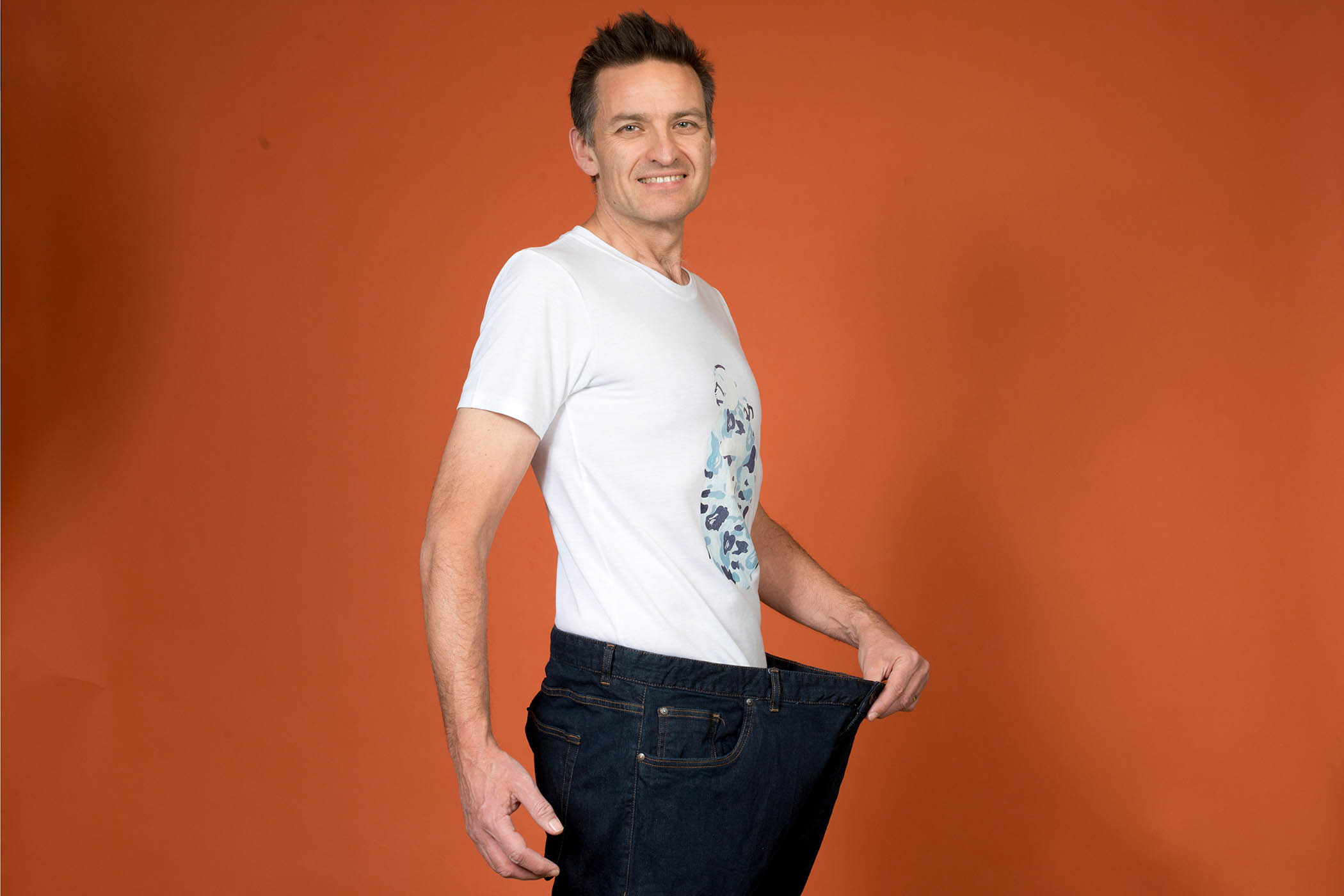“It’s frightfully easy to come up with an inquiry after the event, looking back with hindsight,” opined Sir Geoffrey Clifton-Brown, the Conservative MP and chair of the public accounts committee, on Times Radio last week. “I think it’s just rewriting history.” I gritted my teeth as he sought to airbrush away one of the most striking conclusions in Baroness Hallett’s second Covid-19 inquiry report: that a week of government vacillation before imposing the first lockdown on 23 March 2020 caused 23,000 excess deaths in England from the coronavirus. “I think that just sounds to me not right,” he said, frightfully easily.
If hindsight is what troubles Sir Geoffrey, perhaps I can refer him to the slew of tweets, interviews, quotes and articles from NHS staff from that time. Because for those of us who witnessed the pandemic unfolding inside our hospitals – I treated patients dying of Covid – today’s collective amnesia about what happened is by far the more pernicious problem. A full two weeks before lockdown, for example – when the only official guidance for protecting vulnerable people was the suggestion not to go on cruises – I wrote a piece in a national newspaper on how to persuade your elderly parents to self-isolate for their own protection. A colleague on a Covid ward in London called me in desperation, wanting help in getting their testimony to a trusted journalist so the public might know what the government wasn’t telling them. They subsequently told the Guardian: “Have they given up? Are they just deciding to build up herd immunity by watching us die? The government has given up, hasn’t it? They are throwing us into the slaughterhouse.”
On 19 March – the same day Boris Johnson told the nation it would take 12 weeks to turn the tide against the coronavirus – Northwick Park hospital in London ran out of intensive care beds, and very nearly oxygen. (Still the prime minister refused to lock the country down.) That weekend, at the end of a day ferrying critically ill Covid patients to other hospitals, my friend Nat Silvey, an intensive care doctor, shared a picture of her haggard face on Twitter, hoping to persuade people to stay at home, pleading: “As a frontline doctor in London – you really, really need to take this seriously... Those red/purple marks across my face are from my mask and are deeper than you think. Today I have just seen what Covid-19 is doing and now I just want to scream at people to listen to us.”
During the first three months of 2020, in short, Johnson’s inertia was almost unbearable for NHS staff to watch, because we knew full well that its price was about to be met by the “herd” – that the bodies were indeed going to pile high around us. We knew this because it was already happening elsewhere. First in Wuhan. Then in northern Italy. By early March, people were dying in such numbers in Lombardy that military trucks were deployed to take the mounds of coffins from overwhelmed local crematoria. Yet while NHS England liaised with ice rinks about the cold storage of mass casualties (as I know from a private conversation with a senior figure there at this time), Johnson sat among 82,000 rugby fans in the cramped stands at Twickenham, watching England and Wales play. In public health terms, the optics screamed blithe complacency. He might as well have invited us all to go partying (just as he did, later, on the sly inside Downing Street).
When Baroness Hallett spoke last week of “too little, too late” and the “lost month” of February, this is what she means. The key activities that might have slowed the spread of Covid – PPE stockpiling, testing, locking down – did not happen at proper scale and pace, despite rising death tolls in other countries. When we did, finally, lock down, we didn’t even know how many people were infected with Covid because, to international consternation, we had long since abandoned efforts to scale up our testing capacity.
Though blaming politicians for these failings may feel therapeutic, if we want to minimise future loss of life then what matters above all is doing better next time. That means confronting the role of scientific, as well as political, errors of judgment. To this end, the quasi-canonisation of the UK’s chief scientific and medical advisers Sir Patrick Vallance and Sir Chris Whitty is unhelpful. The government’s inertia was underpinned by an erroneous belief that the public would rapidly develop “behavioural fatigue”, meaning it was prudent to postpone the first lockdown.
The government received a further bleak message from its scientific advisers that in the absence of vaccines, transmission of the virus through the whole population was inevitable. All we could hope for was slowing the speed of transmission, which at best would prevent the NHS from becoming overwhelmed. This epidemiological nihilism led to Downing Street’s now infamous briefing to ITV’s political editor, Robert Peston, who stated in his blog: “The strategy of the British government in minimising the impact of Covid-19 is to allow the virus to pass through the entire population so that we acquire herd immunity.”

Dr Rachel Clarke at work during the Covid pandemic
Suddenly – and awfully – the deaths of hundreds of thousands of people while this occurred looked as though it were government policy.
Nobody could ever pretend that making decisions in a global pandemic is easy. But if NHS nurses can have the courage to walk towards Covid patients in paper masks and bin bags, a government should surely be capable of making those decisions. And if NHS doctors are willing to speak out about the dangers to patients – even after their trusts try to threaten and silence them – then a prime minister should surely be capable of more than deadly vacillation.
Predictably, instead of confronting the hard questions Baroness Hallett directs at his leadership, Boris Johnson has instead devoted his column in this weekend’s Daily Mail to an artful concoction of smearing, distraction and airy British boosterism. The “only” two big questions for Baroness Hallett, he claims, are where the virus originated and whether benefits of lockdowns outweighed the harms – as if, ludicrously, the remit of UK’s Covid-19 inquiry should have required its chair to set off for Wuhan to investigate lab leak theories. Johnson knows full well that the harms of lockdowns on the economy, society and children are all, quite rightly, being interrogated in subsequent inquiry modules, as do the other pundits currently trying to discredit Baroness Hallett as “wanting” more lockdowns.
Newsletters
Choose the newsletters you want to receive
View more
For information about how The Observer protects your data, read our Privacy Policy
Loudly then, once more, for the partying prime minister: no one, anywhere, wanted lockdowns. They were always a last and draconian resort, a necessary evil to try to minimise mass dying. And there’s the rub. What is singularly missing from Johnson’s lengthy piece is – as ever, and to my eternal disgust – any hint of genuine compassion for the 250,000 people who have died of Covid in the UK to date, or for their families, whose grief lives on. I had to witness dying on an industrialised scale. It was ugly, relentless and shatteringly cruel, with patients cleaved from loved ones, staff swathed in plastic, and ventilators, ambulances and beds all too often running out. The NHS was overwhelmed. People died who could have been saved. These deaths are facts that cannot be denied. And I will never forget what I saw. My NHS colleagues and I weren’t willing to let the bodies pile high in their thousands. Johnson no longer mentions them at all.
Dr Rachel Clarke is an NHS specialist in palliative medicine and the author of Breathtaking, about working on Covid wards during the pandemic
Photographs by Lynsey Addario/Getty Images, courtesy of Rachel Clarke


